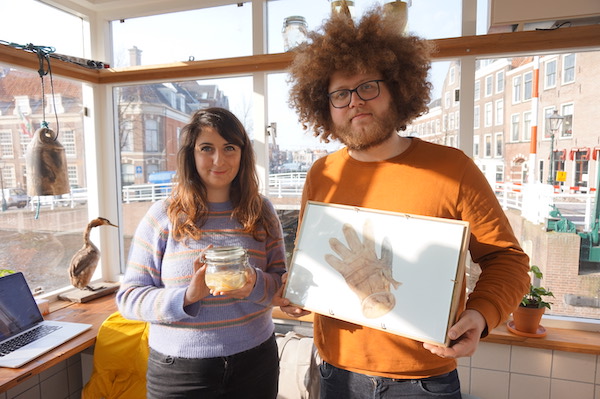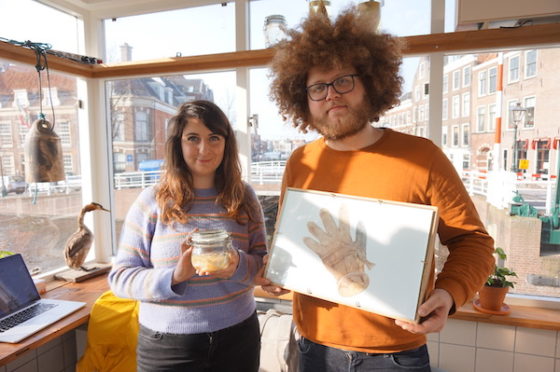Leiden researchers monitor impact of discarded face masks on wildlife


Leiden researchers have launched a project to see what effect discarded face masks, rubber gloves and other pandemic debris is having on wildlife.
Biologists Auke-Florian Hiemstra from the Naturalis Biodiversity Center and Liselotte Rambonnet from Leiden University have based their findings so far on news reports and social media posts from photographers, bird watchers and vets.
But they have now asked the public to join in by providing evidence of coronavirus waste damaging the environment via website covidlitter.com.
The project started when litter researchers found a perch in the canals of Leiden that had become caught up in a latex glove. This is the first known Dutch victim of corona litter.
So far the team have collected 28 reports of animals which have either been killed by PPE litter or were using it in some way. They include a cat killed by eating a glove in the US, an octopus hiding in a face mask in France, and birds using masks in their nests.
‘The pandemic is not over yet, and the amount of PPE used will increase and continue to threaten wildlife way beyond the time access to vaccines becomes available,’ the researchers say in an article.
‘In addition to this, the littered items will degrade into micro- and nanoplastics and stay in the environment for hundreds of years. So to better understand the scope of the impact of face masks and gloves, it is also important to monitor PPE litter.’
The first known victim of of COVID-19 litter was an American robin (Turdus migratorius) which became entangled in a face mask at Chilliwack, Canada on April 10, 2020.
Thank you for donating to DutchNews.nl.
We could not provide the Dutch News service, and keep it free of charge, without the generous support of our readers. Your donations allow us to report on issues you tell us matter, and provide you with a summary of the most important Dutch news each day.
Make a donation